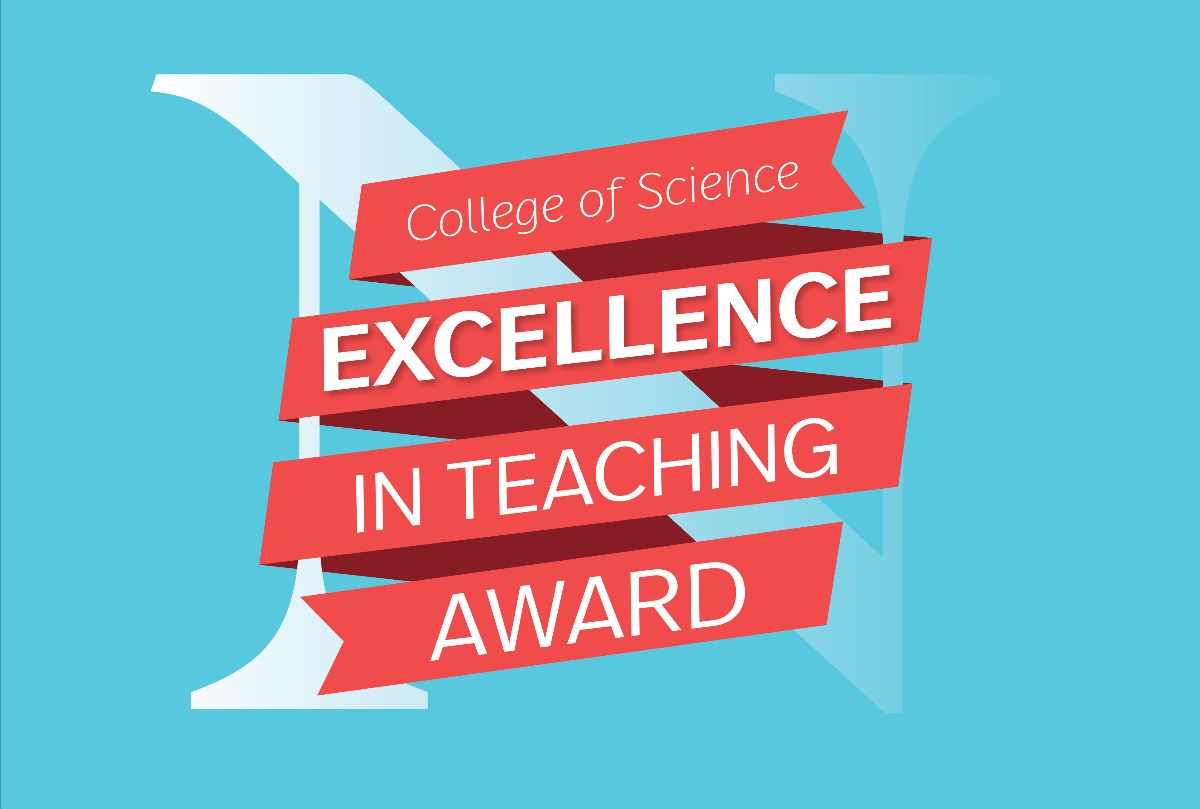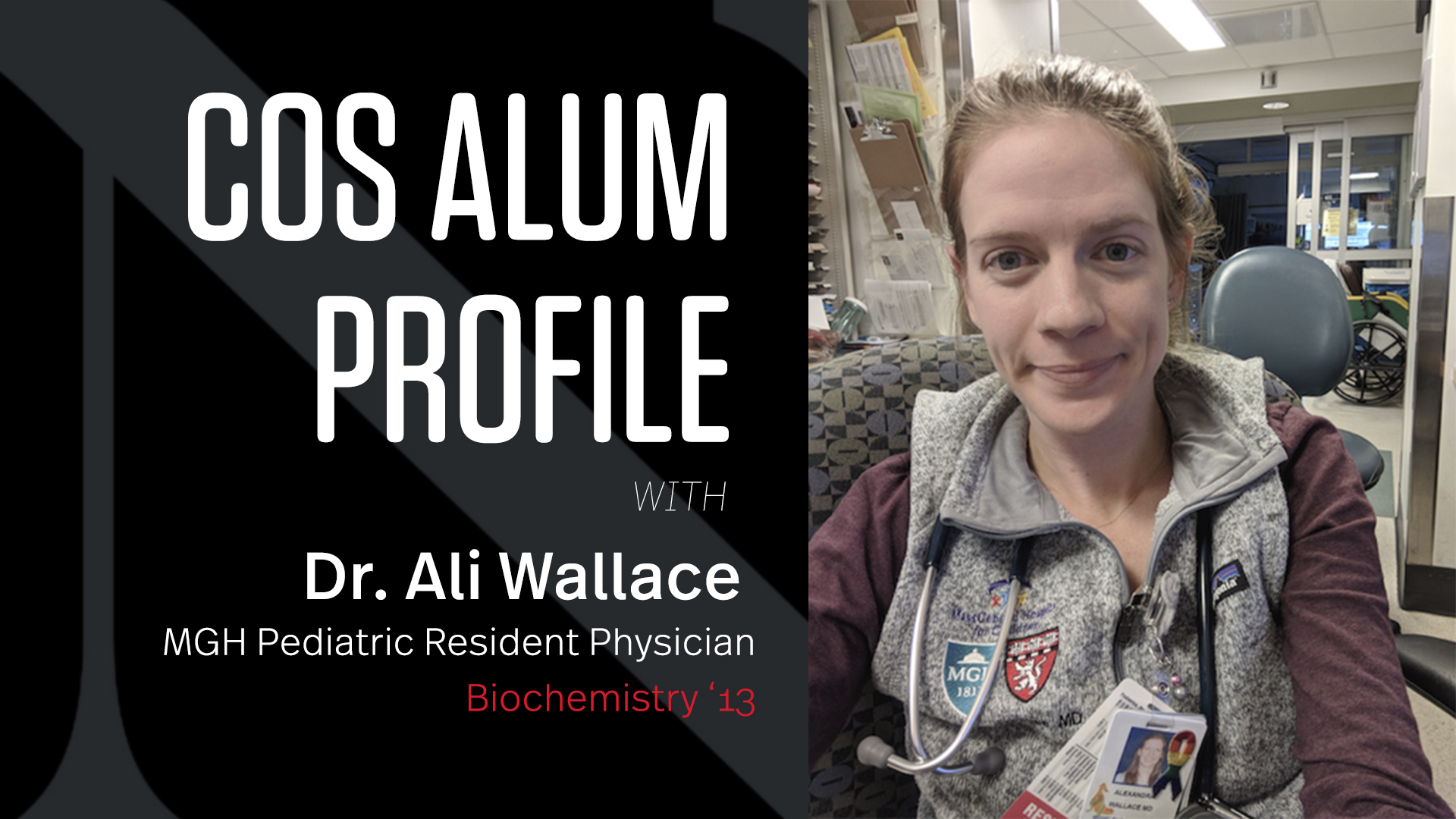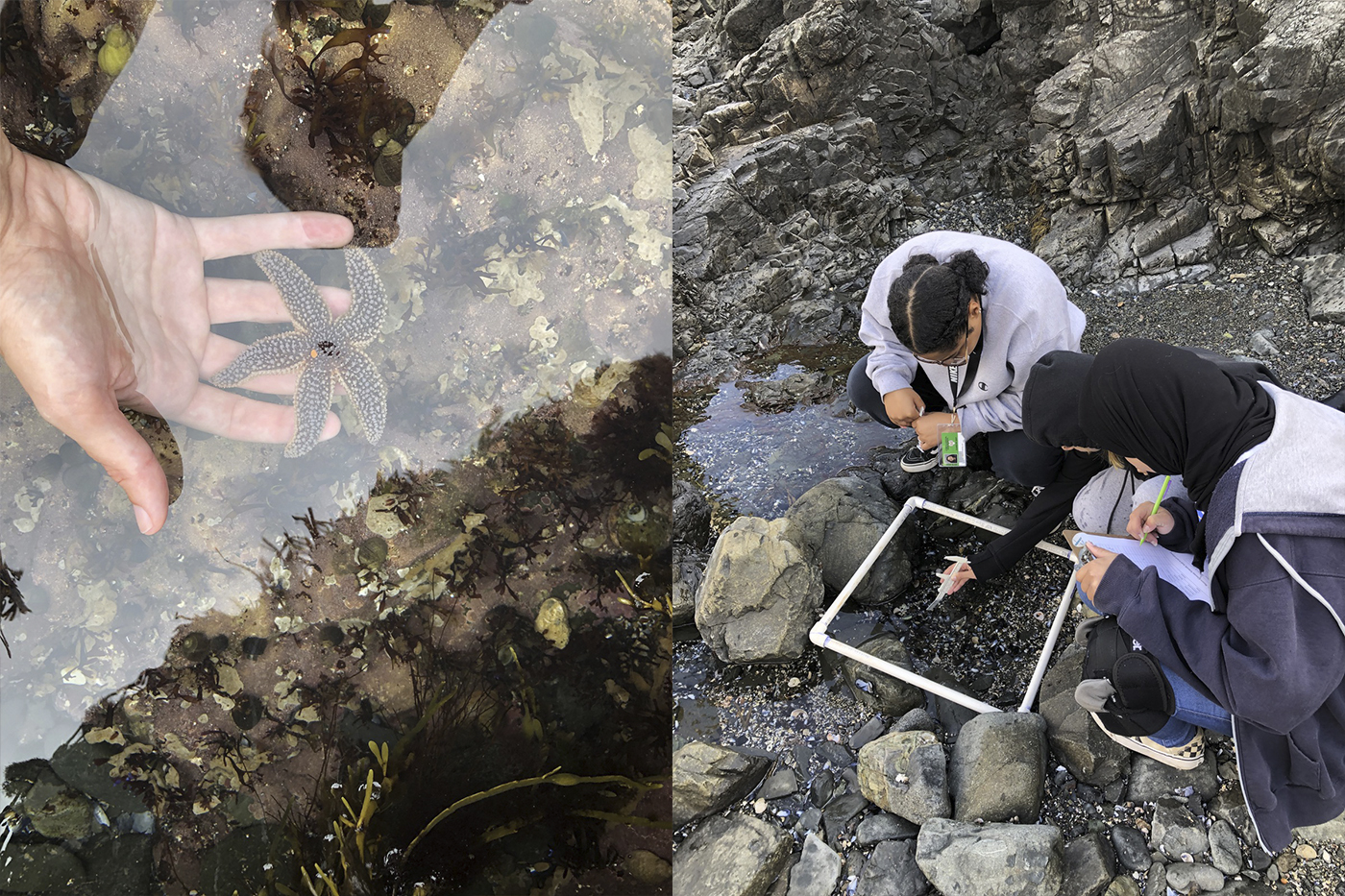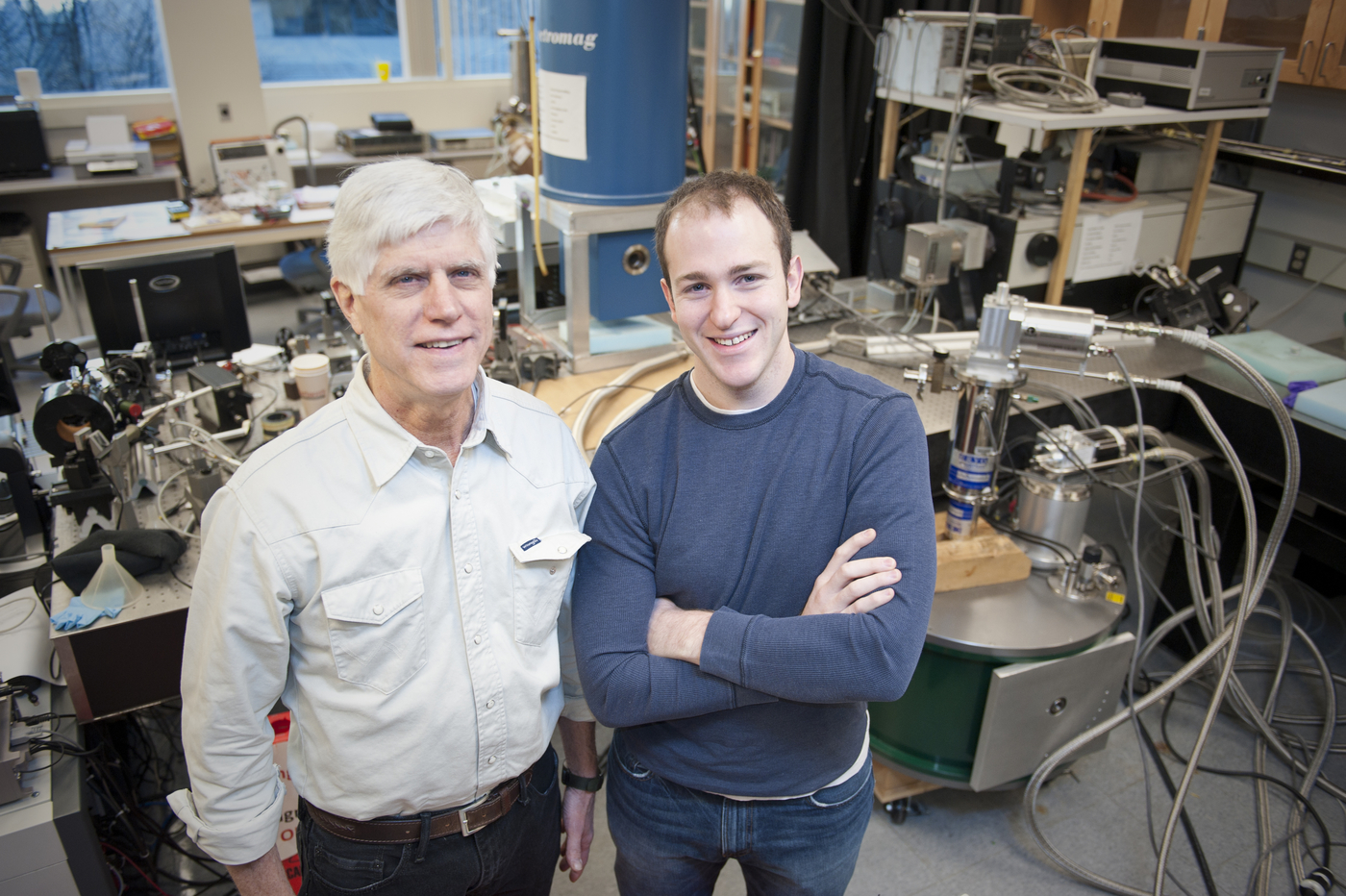COS News
News

A new report from a group of Northeastern researchers explores across disciplines how biotech can ensure safe, sustainable life beyond Earth.
The key to international space cooperation is developments in biotechnology, Northeastern researchers say
News

The NeuroPRISM lab, led by assistant psychology professor Stephanie Noble, makes tools that pave the way for reliable and reproducible neuroimaging of the brain.
Precise maps of the brain’s deepest corners are made possible through tools developed by these Northeastern researchers
Showing all results

Recipients of the 2020 College of Science Excellence in Teaching Awards
Congratulations to Oyinda Oyelaran and Prasanth George, who have been named the 2020 COS Teaching Awards Recipients!

On the Front Lines of COVID-19 with COS Alumna Dr. Ali Wallace
The Biochemistry '13 alumna took time out of her busy schedule to give us an on-the-ground look at COVID-19 preparations at MGH and to discuss her formative experience here at Northeastern.

From “Eww” to “Whoa”: Reflections on our School to Sea Programs
As part of the School to Sea program, students from Lynn Public Schools had a chance to visit the Marine Science Center for some interactive learning, from touch tanks to Moon Snails.

Physicists May Have Accidentally Discovered a New State of Matter. The Possibilities Are Endless.
“Imagination is the limit,” says Swastik Kar, an associate professor of physics. “It could change the way we can detect and communicate signals. It could change the way we can sense things and the storage of information, and possibilities that we may not have even thought of yet.”

Both Insulator and Conductor, This Material Will Help Revolutionize Quantum Computing
Quantum computers represent an incredible leap in computing, but it's still in its infancy. Harnessing the power of spintronics, Professor Don Heiman is creating special materials to help make these computers more efficient, more accurate, and help usher them into the mainstream.

Childhood Trauma Changes Your Brain. But It Doesn’t Have to Be Permanent.
Neuroscientists at Northeastern are using rats to understand how trauma in infancy makes children, but especially girls, more likely to develop anxiety and other similar disorders later in life.

NASA Is Going Back to the Moon. Northeastern University Students Are Designing Robots to Explore the Terrain.
Some parts of the moon never see the light, but they are full of resources that NASA could mine to settle on the lunar surface and venture beyond. The agency selected a team of Northeastern students to develop robotic systems to help survey the darkest areas of the moon.
What Hidden Mysteries Lie Within the 15th-century Dragon Prayer Book?
When researchers unearthed a tiny, fragile prayer book hidden deep in Northeastern’s archives, they embarked on a journey to unlock its mysteries. Complex script, medieval music, and poisonous ink are among the discoveries.

Global Population, Climate, and Technology Are Changing Human Health. Here’s What We Can Do About It.
“We see how much the world is changing,” Northeastern student and Rhodes Scholar Kritika Singh told an audience of students, researchers, clinicians, and industry experts on Friday. “People, planet, and technology need to change along with it in order to have a healthier and safer world.”

Could Houses of the Future Be Made by Bacteria?
Imagine if we could grow a building the way coral polyps grow a reef, or if living cells in our clothes could break down sweat and body odor. It’s not science fiction, says associate professor Neel Joshi. It’s the future of scientific research.

Six Northeastern Professors Named to 2019 List of ‘Highly Cited Researchers’ Around the Globe
The 2019 Highly Cited Researchers list features has included six Northeastern researchers who rank in in the top 1 percent by citations in their fields between 2006 and 2016.

The coronavirus outbreak is an international public health emergency. Here’s what that means.
“Either the screening, detection, and isolation in China will be able to contain the epidemic there, or it will be a global issue,” says Alessandro Vespignani, Sternberg Family Distinguished University Professor at Northeastern. “And this will be decided in the next couple of weeks.”